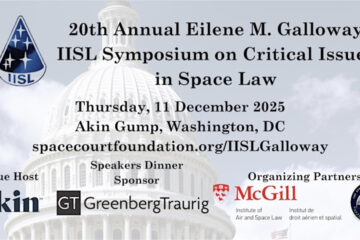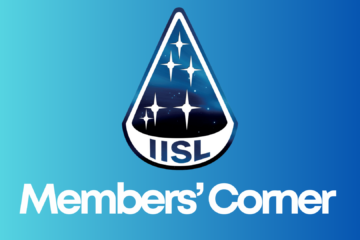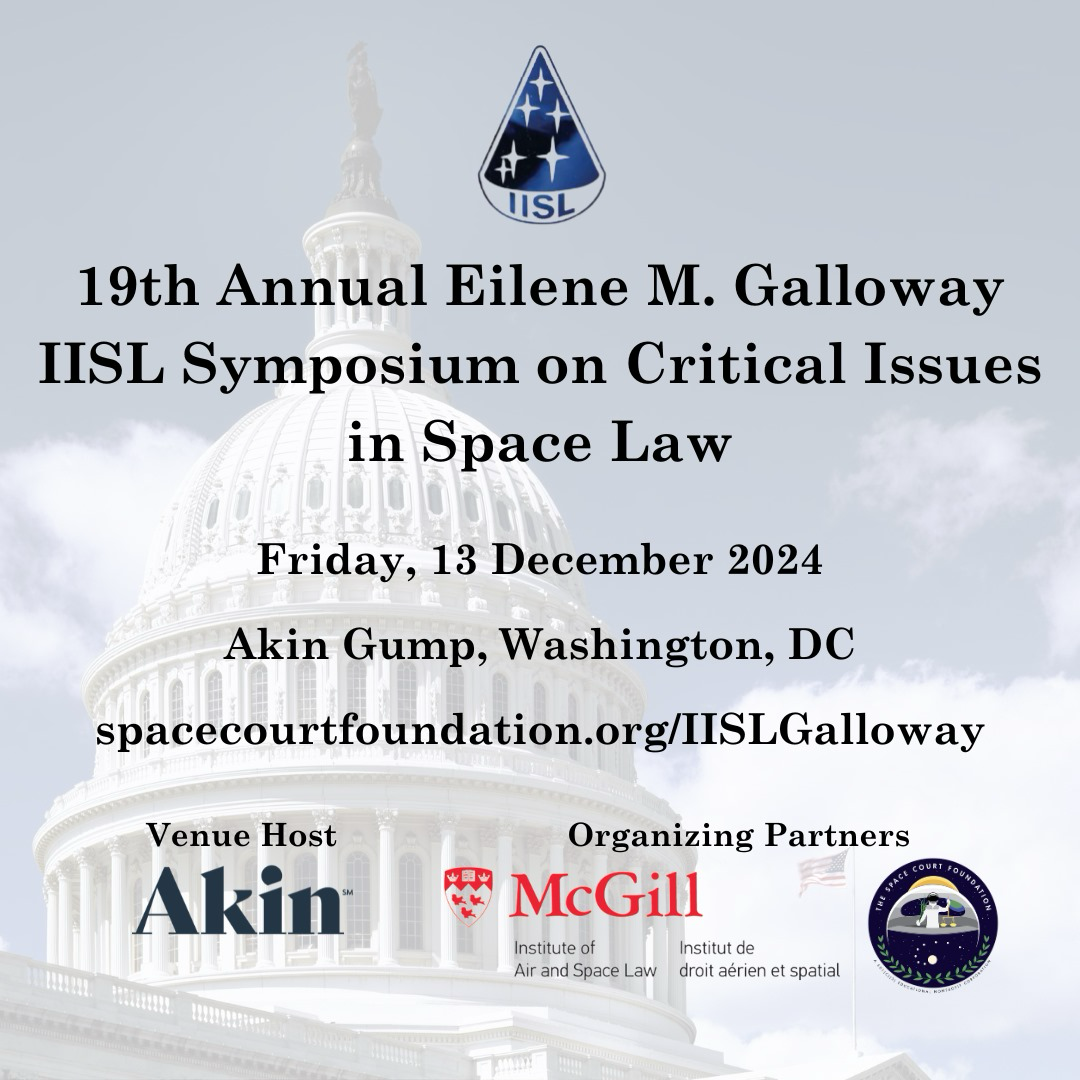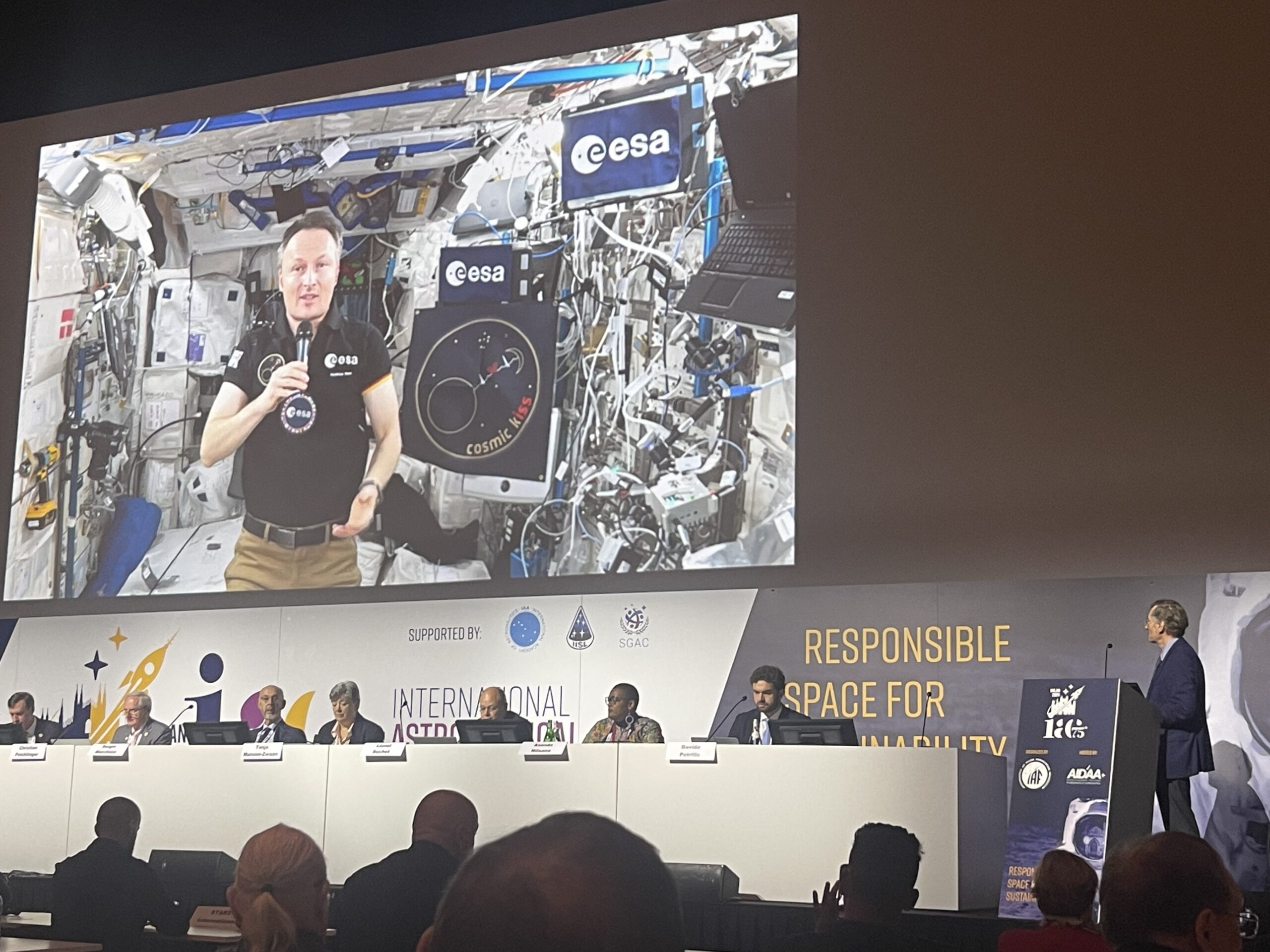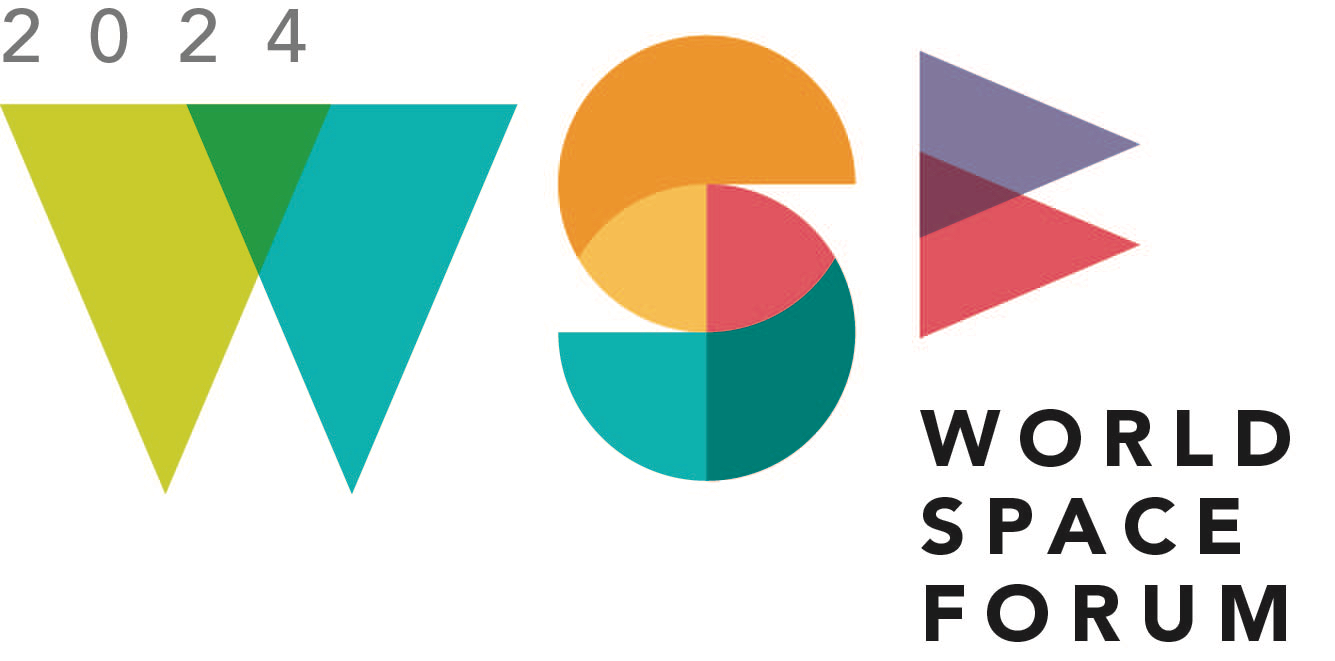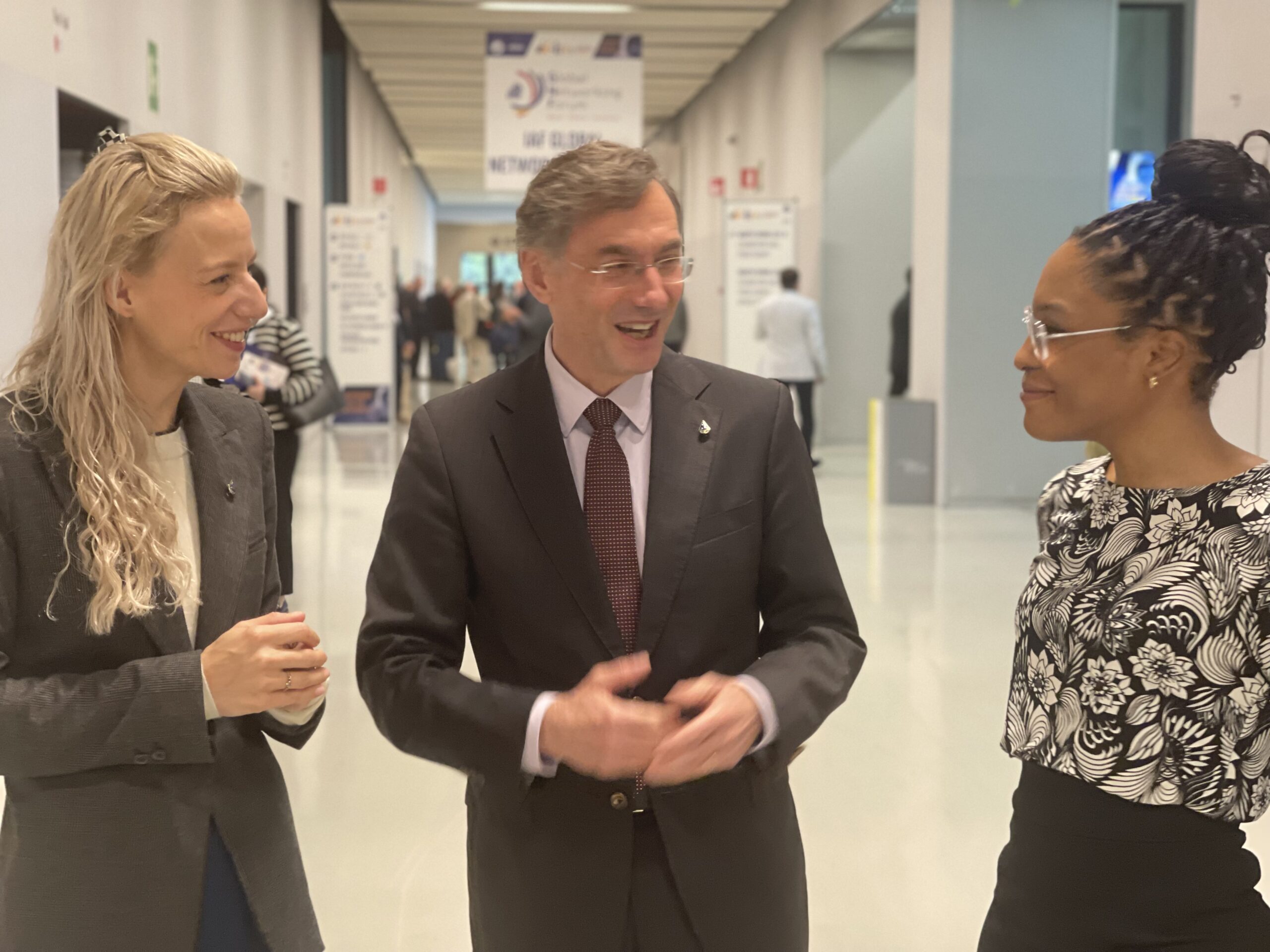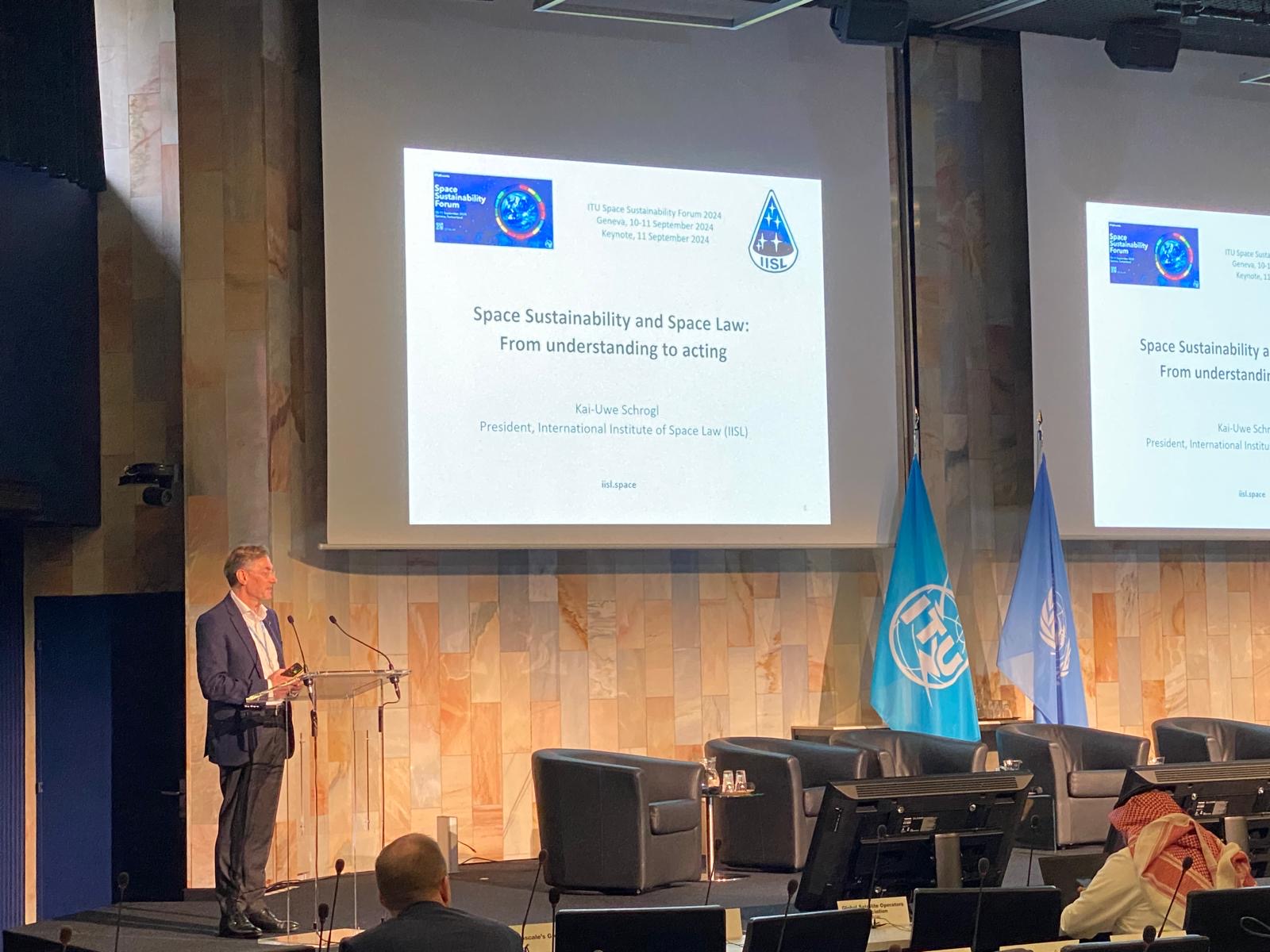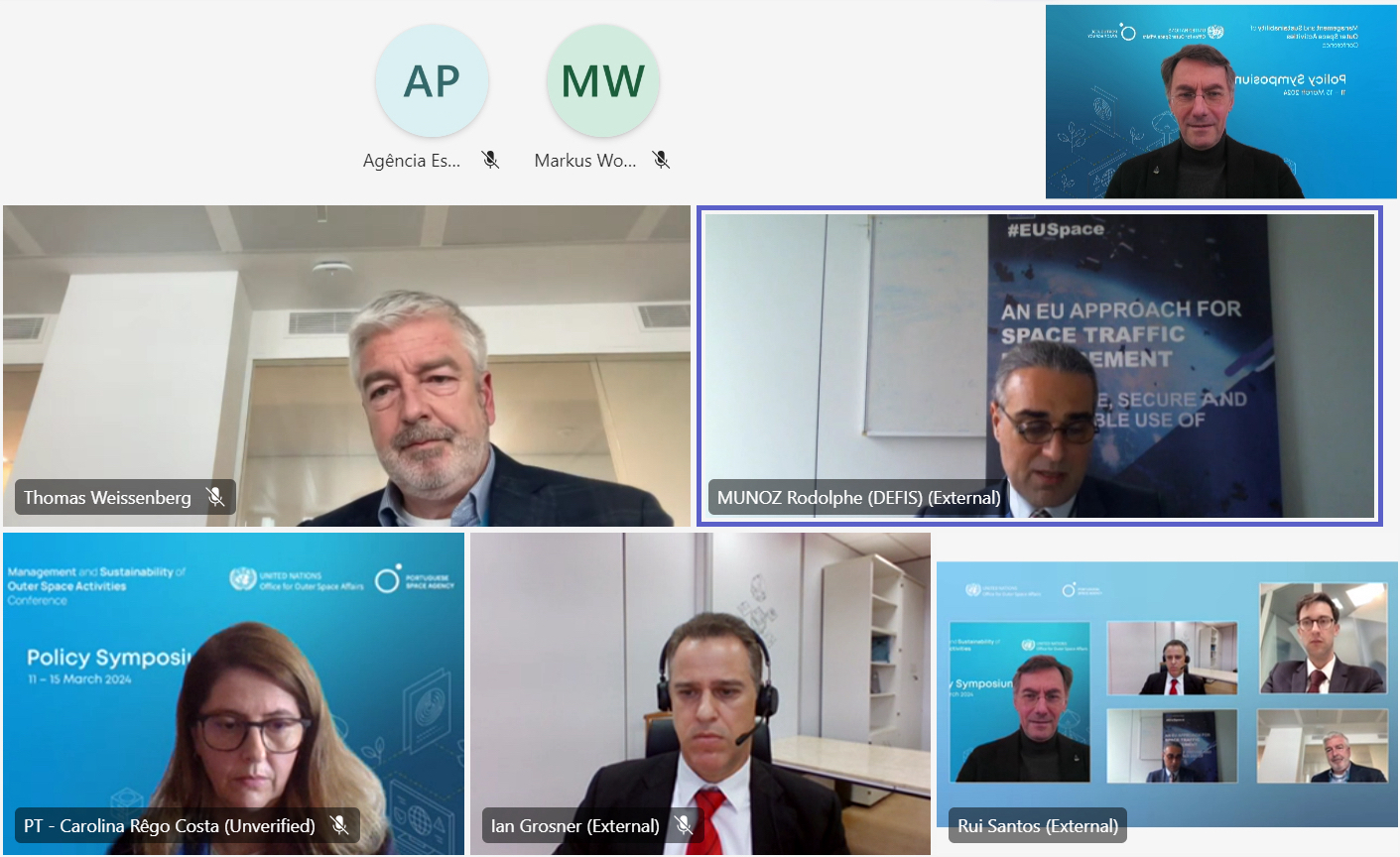Save the Date – 11 December 2025: 20th Annual Eilene M. Galloway IISL Symposium on Critical Issues in Space Law
This annual IISL Symposium is a tribute to the enduring contributions of Eilene M. Galloway to space law and policy. Join us on 11 December 08:00-17:00 EST (Eastern Standard Time) for a day of insightful discussions and networking at @Akin Gump in Washington DC. The event features distinguished panelists and Read more
